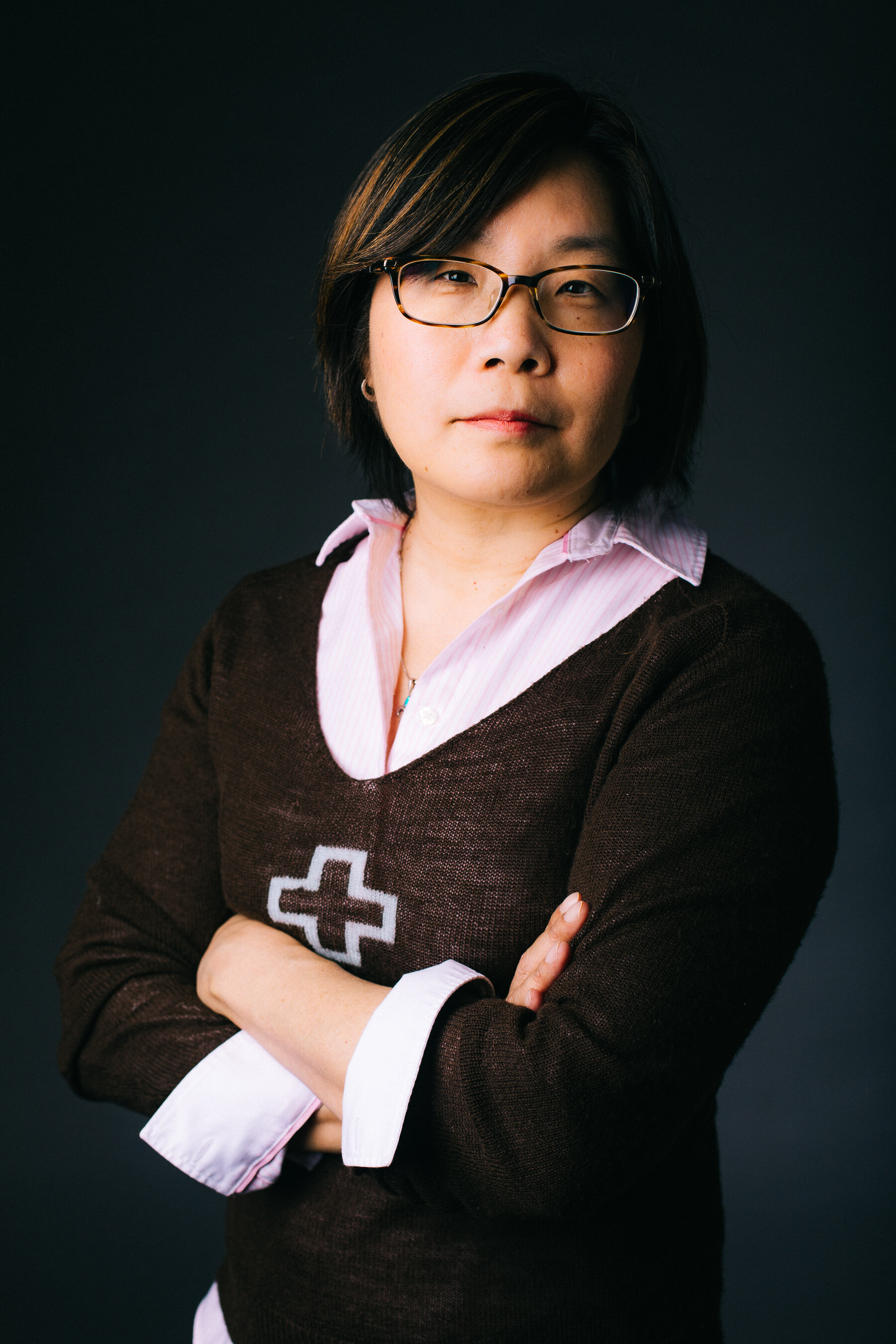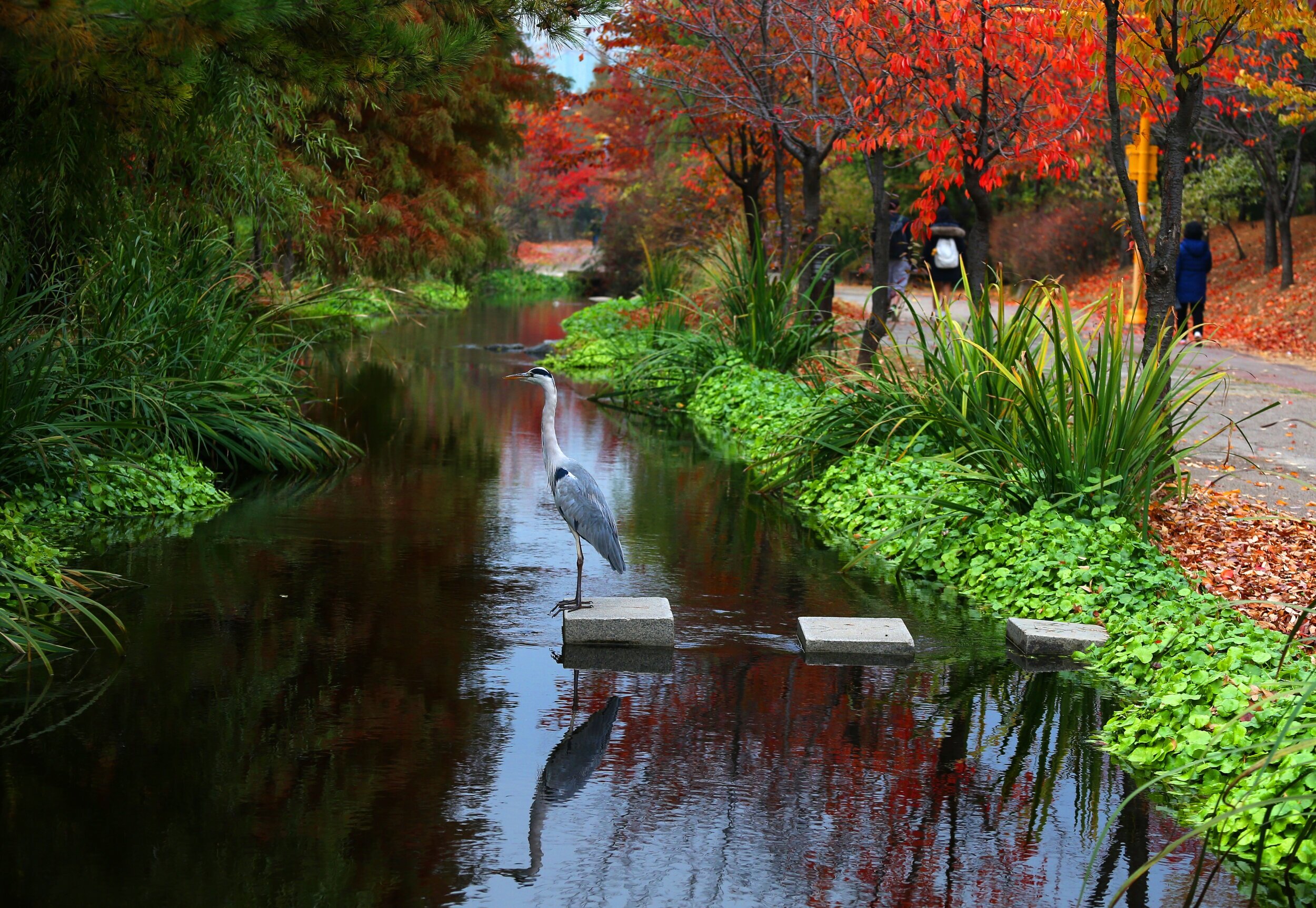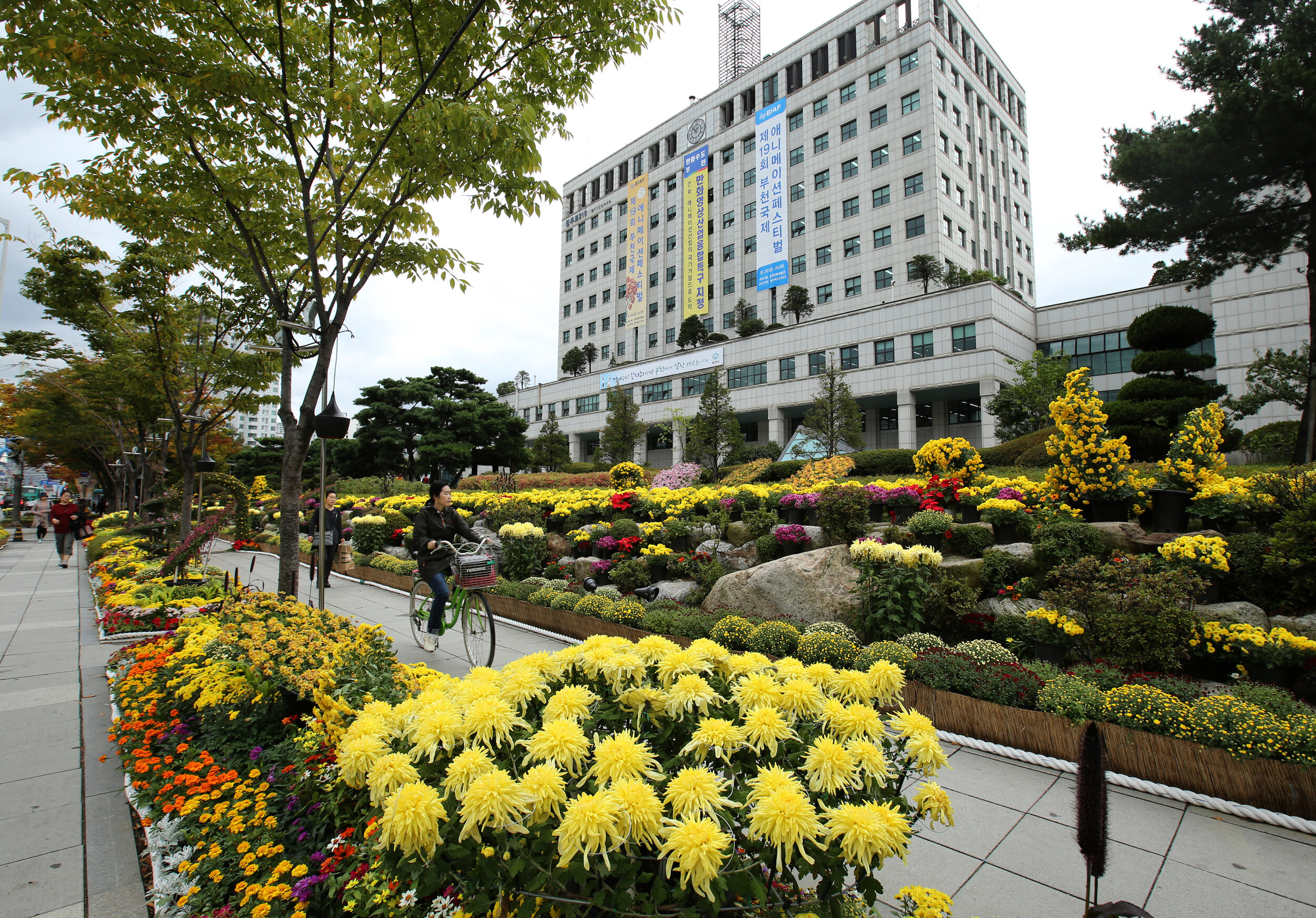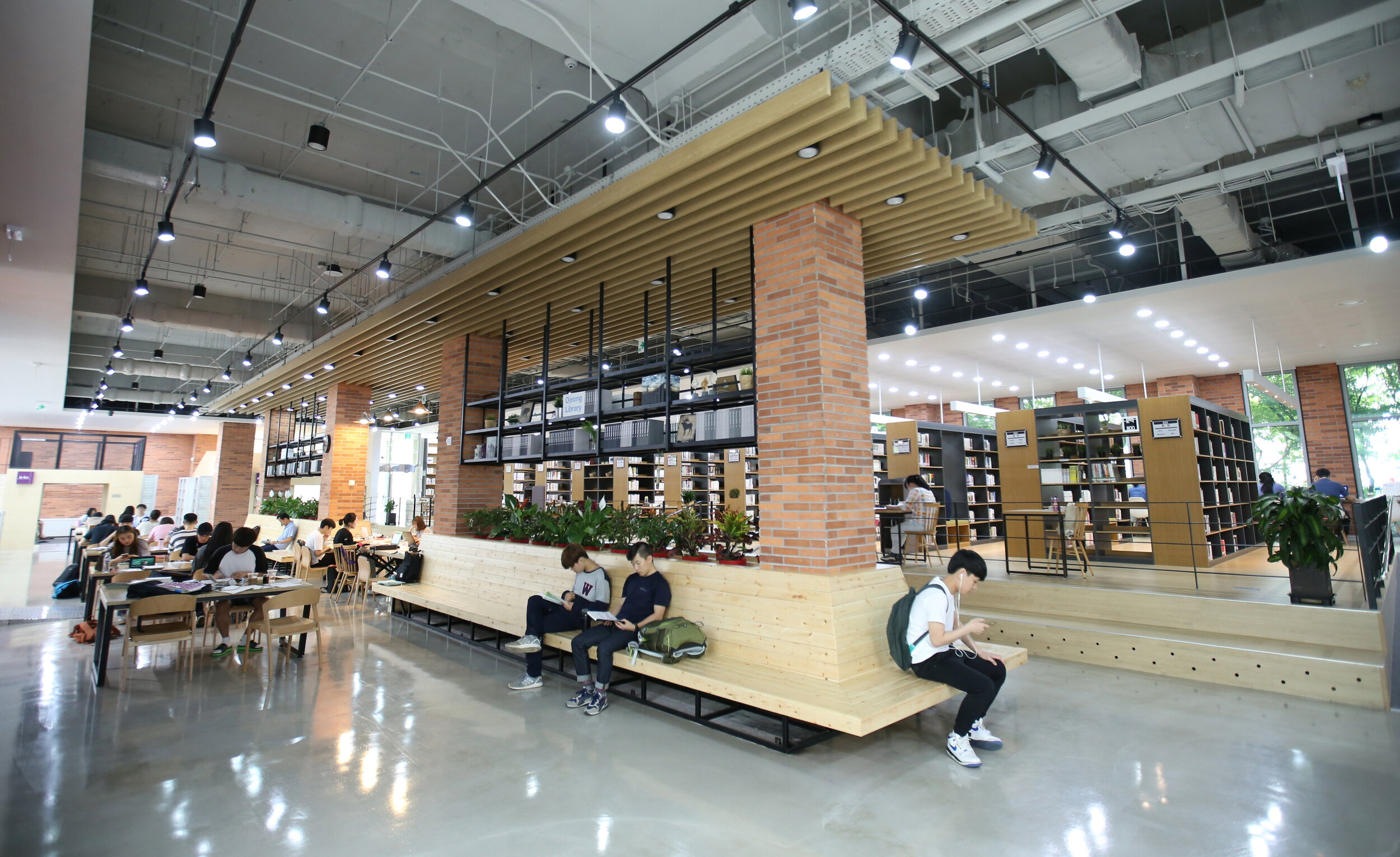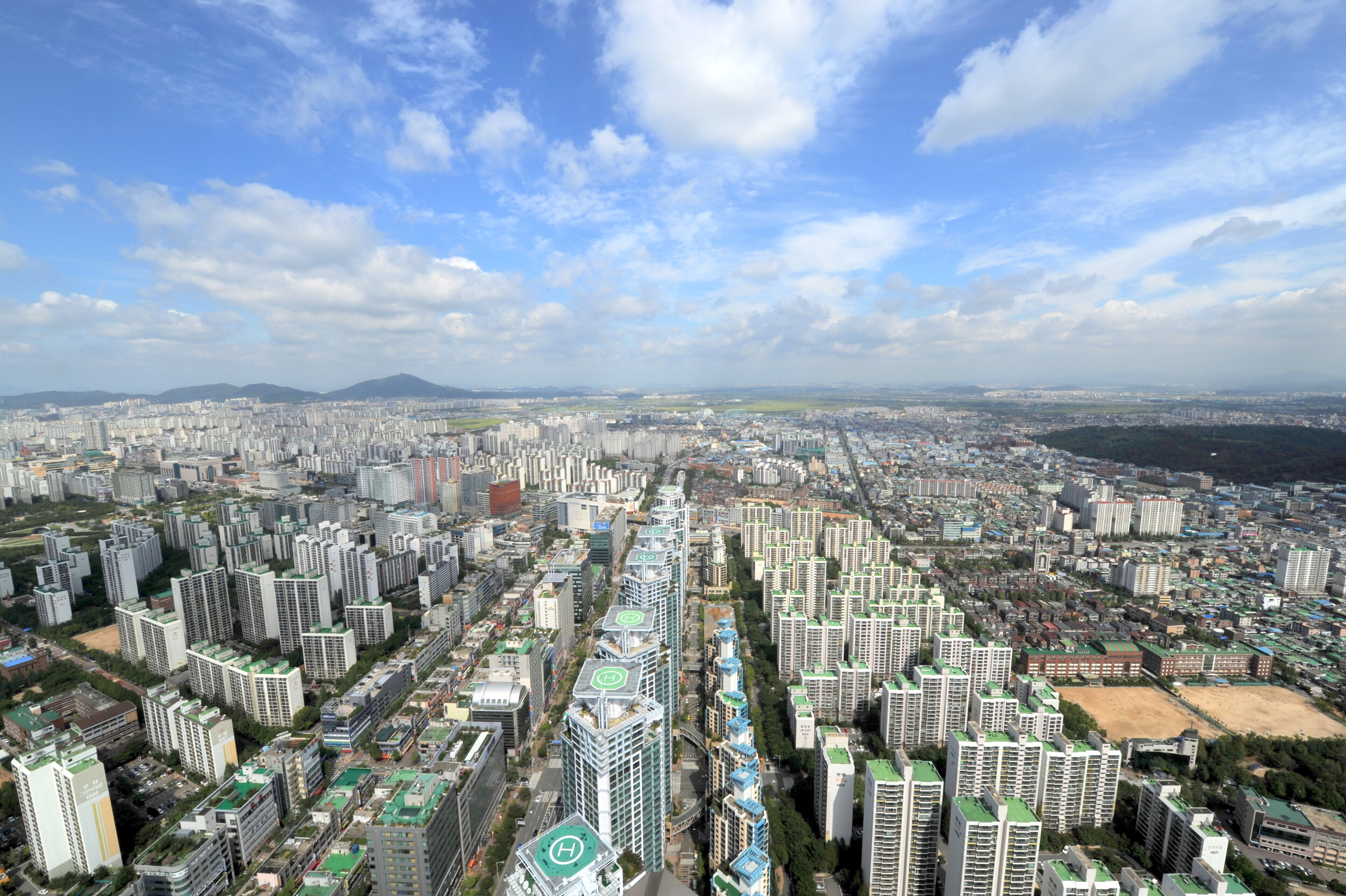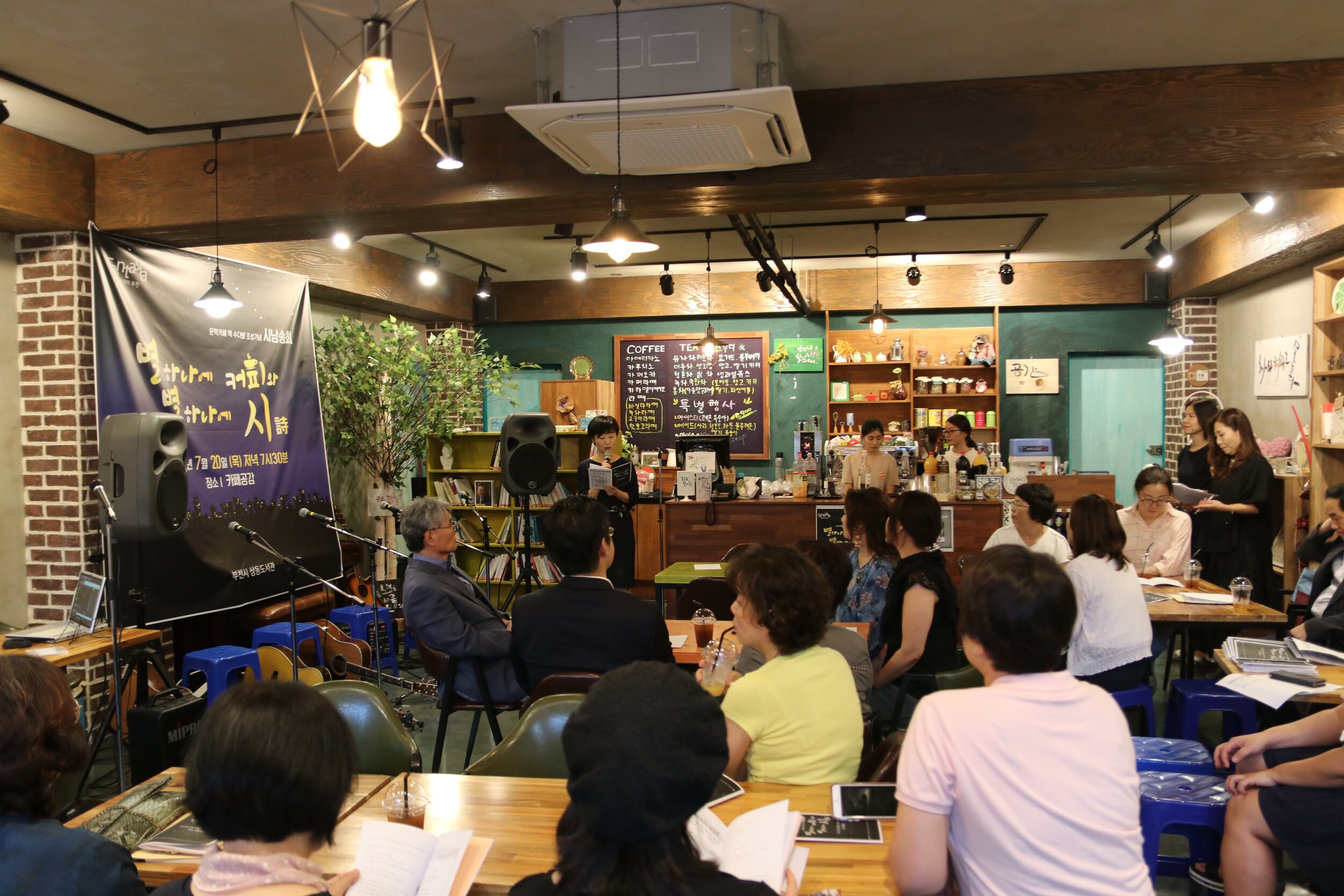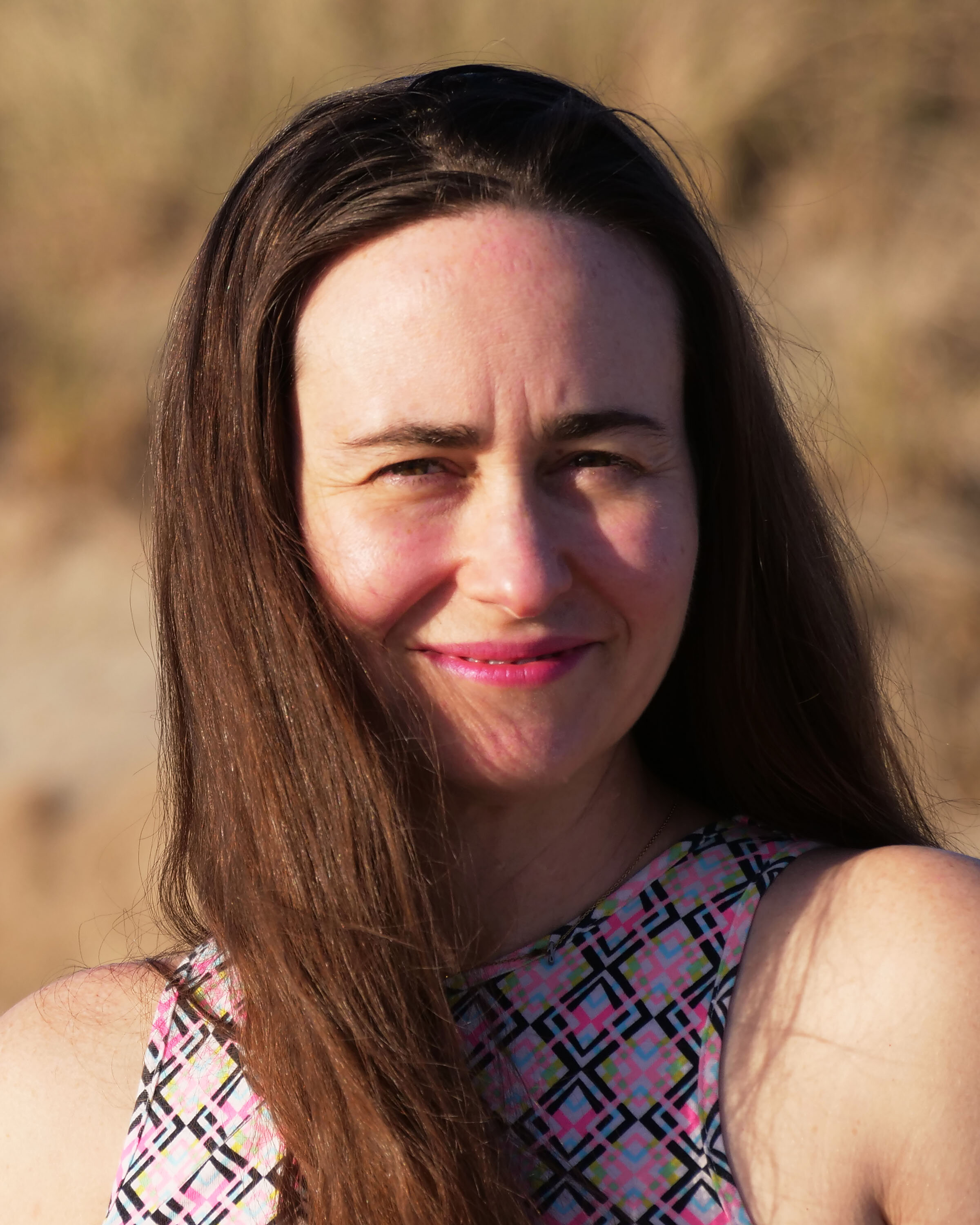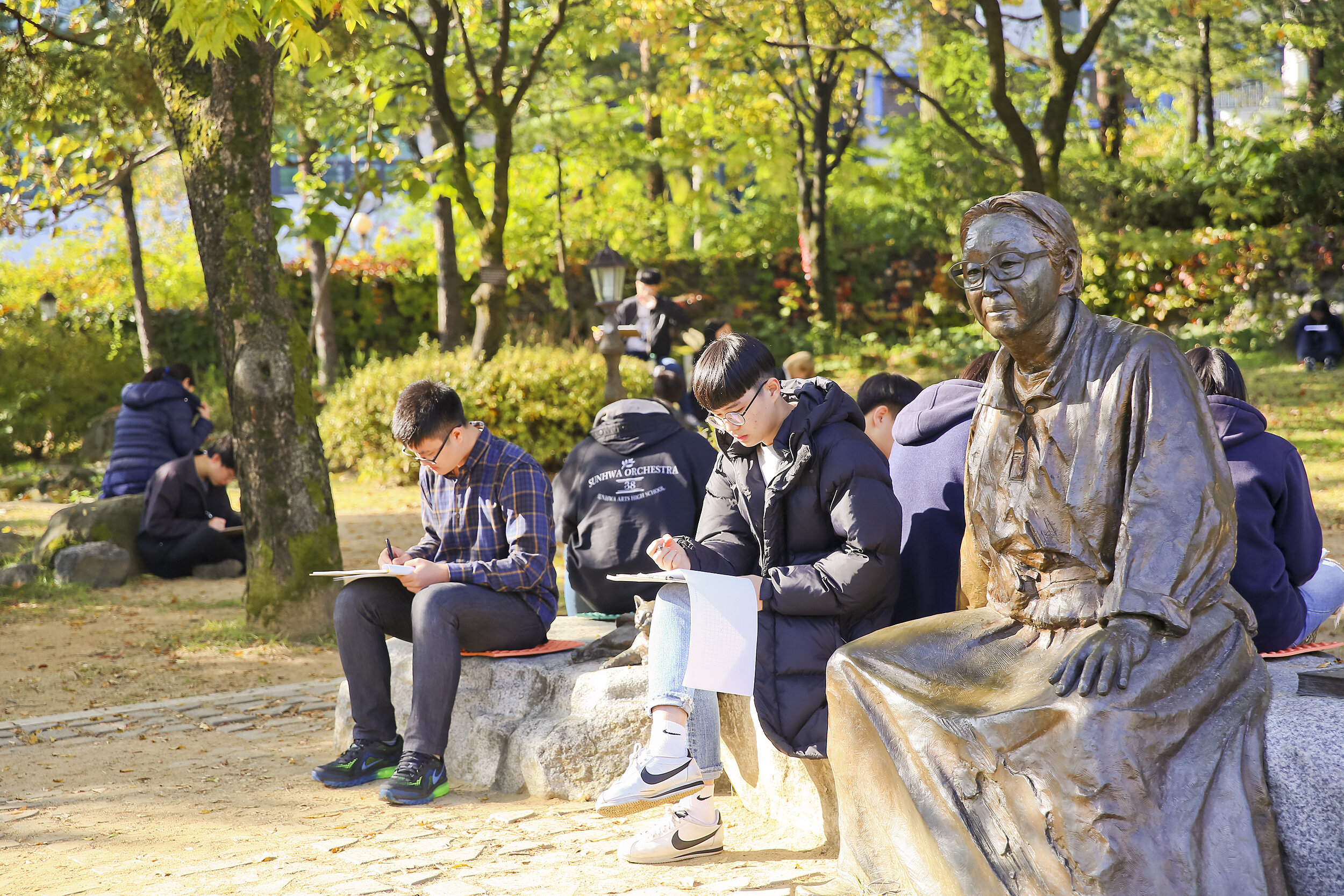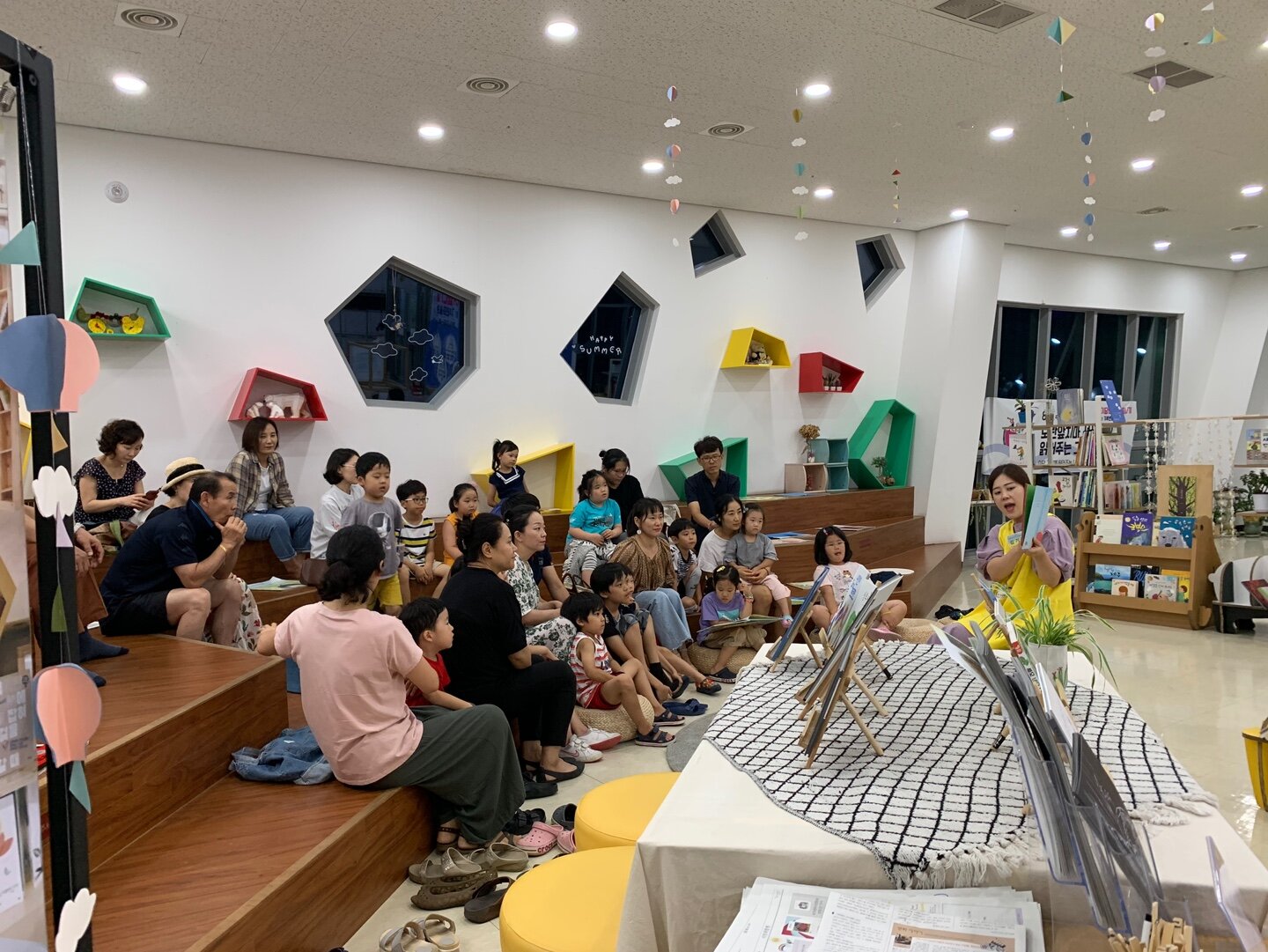Help us tell the story of Seattle's stories!
You know that Seattle is made of stories—that’s one of the reasons we’re a UNESCO City of Literature. Now it’s time to tell these stories with a literary map of the city.
What people and places do you think should be included?
Some typical examples might be:
- The former residence of a prominent writer
- An event venue that has played an important part in Seattle's literary life
- The location of a deeply significant historical event
We're already considering Seattle's well-known bookstores and libraries, but if you've got a lesser-known suggestion, let us know!
Some things to consider as you think of suggestions:
- What has been the long-term impact on the community?
- What has been the long-term impact on Seattle’s profile as a literary city and/or the regional literary scene?
- If suggesting an author, did they reside in Seattle for substantial amount of time? ( In order to keep the list manageable, we’re only considering deceased authors at this time.)
More Information About the Literary Map Project
Community Listening
After extensive interviews with other map creators in our fellow Cities of Literature, in early 2020, Seattle City of Literature convened a group of stakeholders to provide input on people and places to be included in the map. Over the course of several meetings we compiled a preliminary list which you can see here.
We’re grateful for the input of these individuals and organizations:
Frank Abe, Author
Iisaaksiichaa Ross Braine, University of Washington
Jim Cantú, El Centro de la Raza
Claudia Castro Luna, Author
Jill LaPointe, Lushootseed Research
Tim Lennon, LANGSTON
Jolene Haas, The Duwamish Tribe
Elisheba Johnson and Inye Wokoma, Wa Na Wari
Stephanie Johnson-Toliver, Black Heritage Society of Washington
Rosemary Jones, The National Nordic Museum
Karen Maeda Allman, Elliott Bay Book Company
Miguel Maestes, El Centro de la Raza
Christina Roberts, Indigenous Peoples Institute, Seattle University
Jazmyn Scott, Arte Noir
Several additional organizations have agreed to review the map throughout the development process, and we’ll keep updating our contributors list to reflect their input
Format
The map will be made available in both print and digital editions. Due to the constraints of the form, the printed map may include fewer points of interest than the digital.
The People Behind the Map
Designer: Erin Shigaki/Purple Gate Designs
Erin Shigaki was born and raised in Seattle, WA, where she recently returned after many years on the east coast, studying and working in design and art education. Her homecoming has paved a path for public art commissions and grants to create work that is community based and focused on the experiences of communities of color, often the World War II incarceration of her community. Erin is passionate about highlighting similarities between that history, the inhumane detention and family separation immigrants face today, and other systemic violence and injustices black and brown people continue to face. She is keen to explore intergenerational trauma and the emergence of beauty and intimacy despite harsh circumstances. Erin’s work also examines the act of reclamation: of land, language and culture. She believes that using art to tell stories about these moments can educate, redress wrongs, and incrementally heal.
Erin is a community activist, and helps run an annual pilgrimage to Minidoka, the American concentration camp where her family was incarcerated. She is also a part of Tsuru for Solidarity, a nonviolent, direct action project of Japanese American social justice advocates working to end detention and incarceration for all.
Erin holds a B.A. from Yale University and completed additional design and art study at American University and in Brissago, Switzerland, among others. She has exhibited in Seattle, WA at such places as The Wing Luke Museum, Occidental Park, Nihonmachi Alley, Cornish Playhouse, and ARTS at King Street Station. She was a 2018 Artist in Residence at Densho.
Learn more: https://www.purplegatedesign.com/about/
Cartographer: Gregory T. Woolston
Gregory is a graduate student in the Sociology Department at the University of California, Santa Cruz, where he researches relationships between architectural, cartographic, and urban design and racism, as well as social movements working toward spatial justice. He is also a cartographer with a few prints for sale and available for hire.
Learn more: http://gwoolston.me/
Projected Timeline (subject to change):
February 2022: Request community input
December 2022: Draft of Print Map Complete
January 2023: Community Review
February 2023: Print Maps Complete
March 2023: Digital Map Complete







